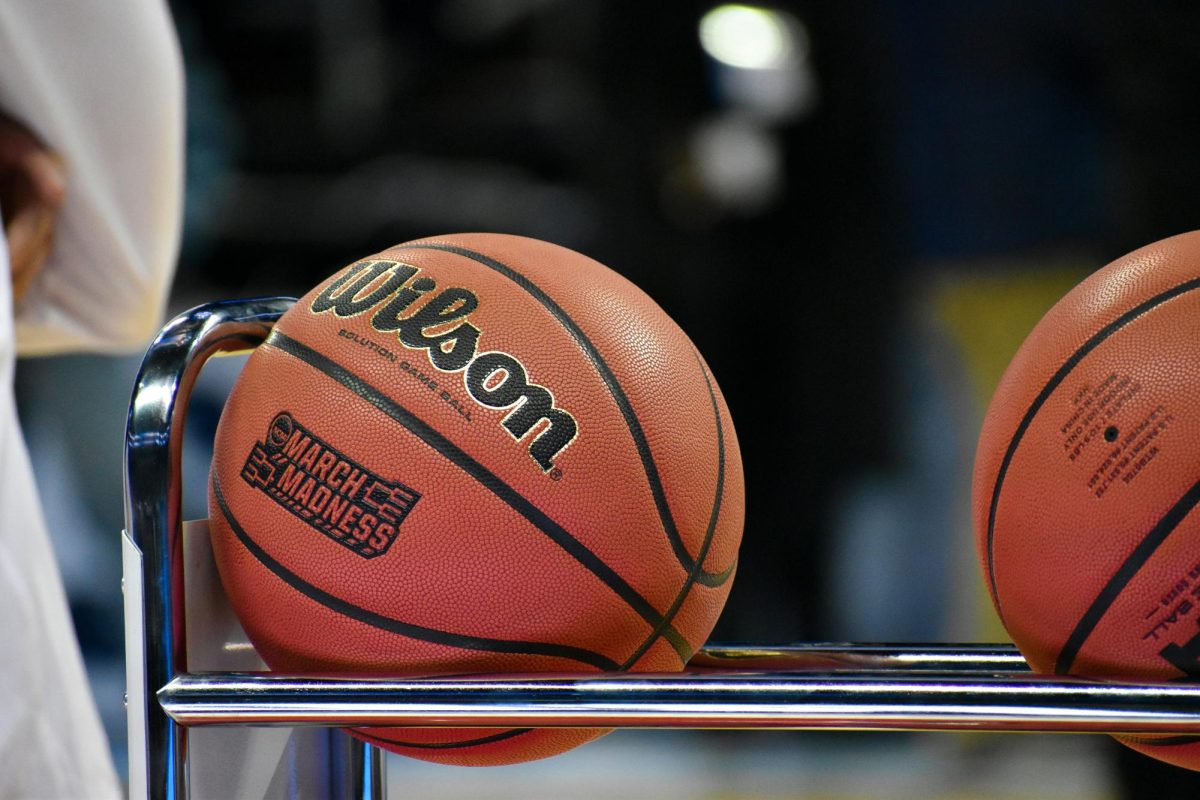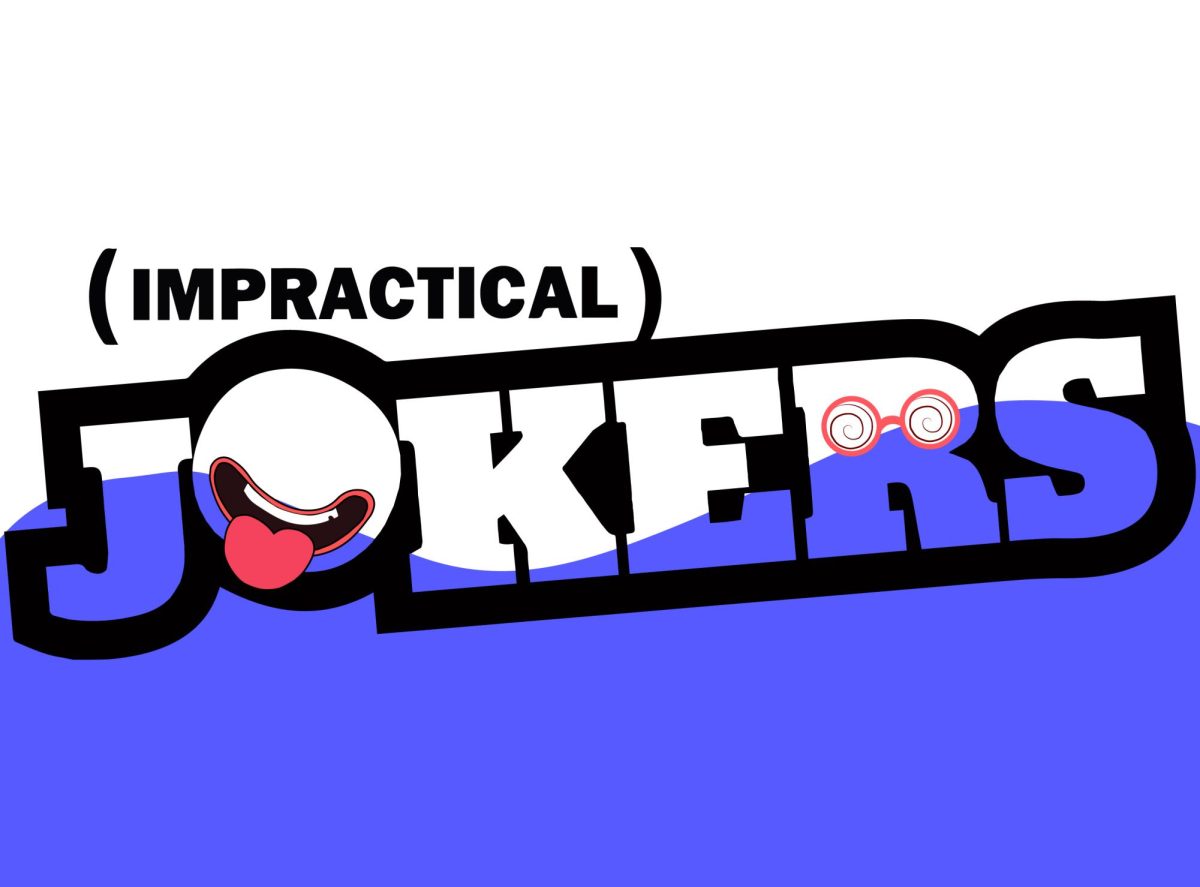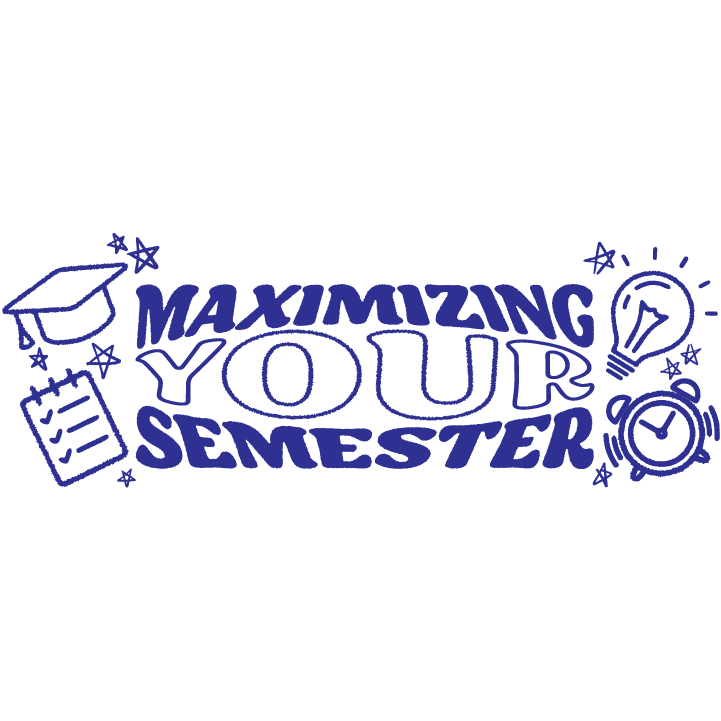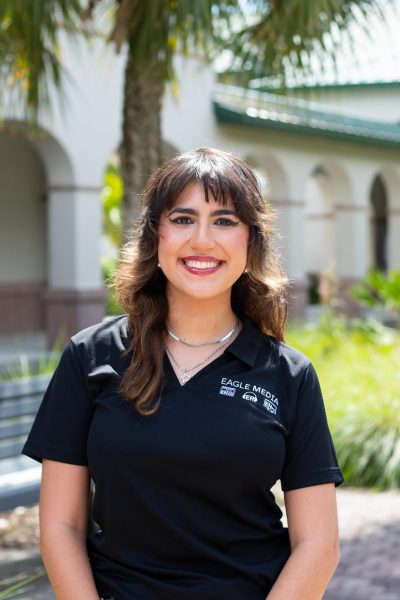In the modern lexicon, the word “productive” can sound icky to some and it’s easy to understand why. American culture places too much of an emphasis on productivity.
Dr. Natalie Christine Dattilo, a clinical psychologist and Harvard instructor, defines toxic productivity as a “…pressure to be productive at all times and prioritize your perpetual to-do list at the expense of your well-being.”.
Personally, learning about toxic productivity has also helped me overcome the widespread consumerism that plagues our society. This has motivated me to put together a short list of lessons I have learned over the past year which I hope everyone can benefit from.
#1 Make the Most of Tutoring
You’ve probably heard this a thousand times over but go to tutoring if you need help. Speaking from my own experience, it’s much easier to walk a couple of feet to the Center for Academic Achievement (CAA) than cry in the library over your math assignment.
If you have had a bad experience with tutoring, I would recommend giving it another go. The reality of the situation is that you aren’t going to mesh with everyone’s teaching style. There are dozens of tutors available to you, so it is more likely than not that you will find someone who works for you.
This also goes without saying but you aren’t dumb for needing tutoring so you shouldn’t feel embarrassed to go. Last semester, I practically lived in the CAA and came out with a 4.0 GPA because of the help from all the tutors I had.
#2 Look Into FGCU’s Other Resources
FGCU gives you the opportunity to do anything from making a 3D print of your face to launching a small business through the Runway Program. You can earn micro-certifications, participate in fitness classes, attend resume workshops, etc.
All the resources I have listed are free and you should try to make use of them as they are well worth your time (especially because they are a part of your tuition expenses). Connecting with your professors is another good way to discover opportunities. They are eager to help you learn and often provide networking opportunities that may lead somewhere.
#3 Be Involved On Campus
I want you to momentarily click off of this article, navigate to Eagle Link, click find organizations and scroll. There are nearly 300 registered student organizations (RSOs) available to join. I guarantee that there will be at least one that suits you.
RSOs do more than just help you get into graduate school. They also allow you to have fun and socialize.
#4 Stay Focused
It’s easy to get caught up in drama or scroll for hours on social media (trust me, I’ve been there), but these distractions are bound to make you feel stressed and force you to pull all-nighters studying. What has helped me has been to set boundaries. For instance, during the school year, I only let myself play video games on the weekends.
If you can find a system that works for you, planners are great. A piece of advice I would give is to write down deadlines versus making a to-do list. This has helped me to prioritize my work more effectively. If you struggle to keep track of a physical planner, look into downloading an app or using a website like Notion or Google Keep. Canvas also keeps track of assignment deadlines for you.
#5 You Can’t Do It All
It’s really easy to plan on joining all the RSOs, engaging in research, practicing self-care, working out and studying everyday but this is impossible to do all at once. Make a couple of goals for the semester and focus on just them. Last year, mine was to join at least one RSO (which happened to be Eagle Media). I didn’t try to do a million other things so I was able to focus on honing my writing skills which has given me the opportunity to now write as the opinion editor. Remember, quality over quantity.
I hope you have found this advice to be helpful. Good luck with accomplishing your goals for this semester and go Eagles!
























